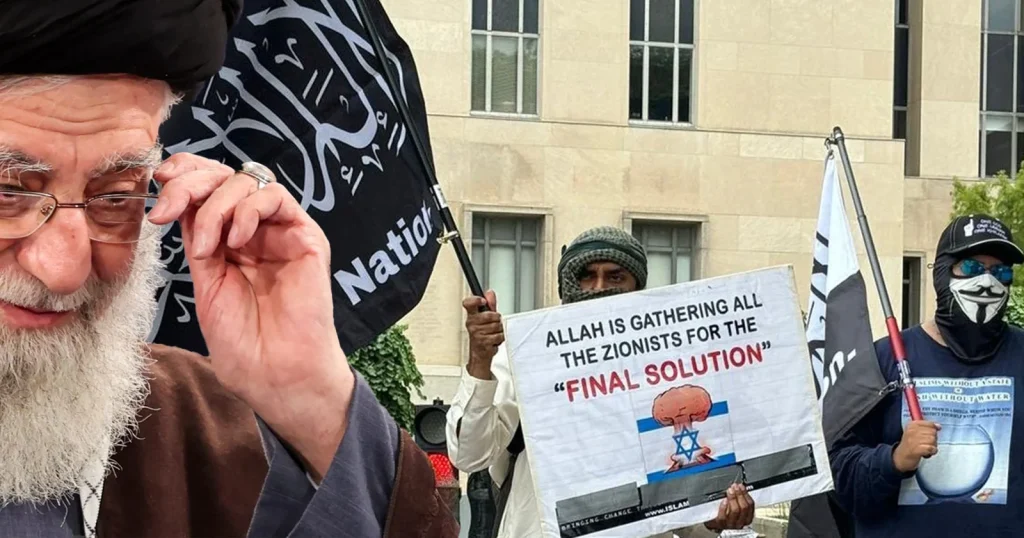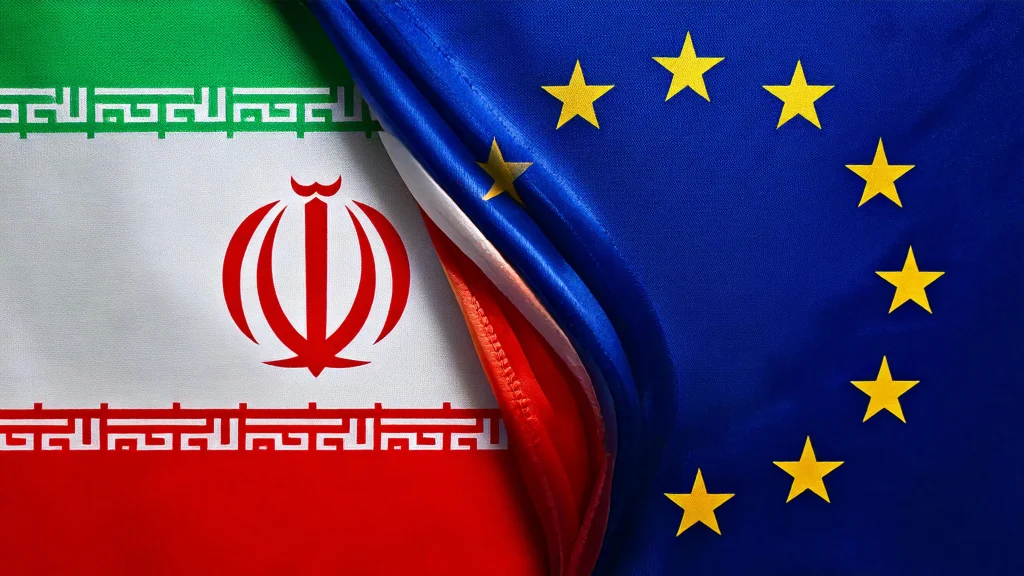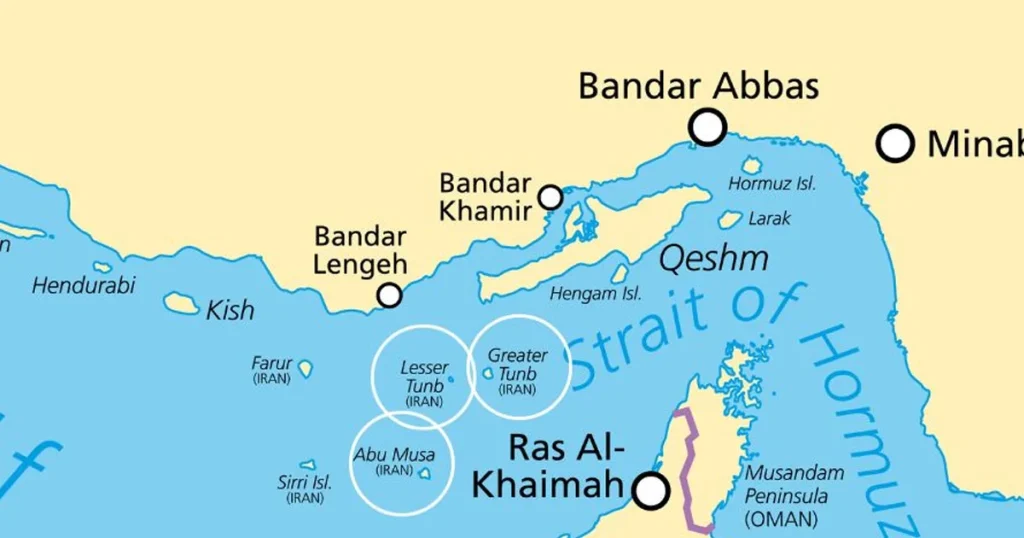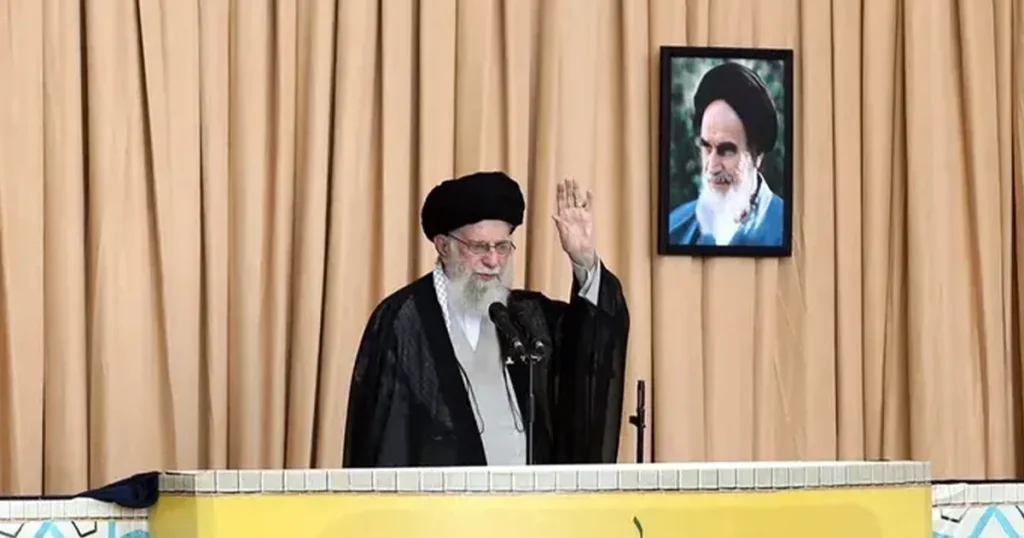The recent events on October 7, 2023, serve as a grim reminder of the dangers posed by terrorist organizations in the Middle East. On this day, Hamas, a Palestinian Islamist militant group, committed what can only be described as genocide against the Jewish people in Israel. In the following days, Hezbollah, a Lebanese Shiite militia, began launching rockets into Israel, while the Houthis in Yemen followed suit. Israel’s response, as with any sovereign nation under attack, has been a retaliation in self-defense. But the larger question remains: How did these groups become so emboldened and powerful? The answer is clear—the Islamic Revolutionary Guard Corps (IRGC) of the Islamic Republic is the driving force behind these groups.
IRGC: The Engine Behind Global Terror
Since the Islamic Republic was established in 1979, it has been committed to exporting its revolutionary ideology, with the IRGC serving as its primary vehicle. The IRGC, particularly its Quds Force, operates beyond the borders of the Islamic Republic and is involved in various conflicts and insurgencies throughout the region. Its influence, however, does not stop at the Middle East. The IRGC’s long-standing goal has been the destabilization of the region and the eradication of Israel, as they see it as an existential threat to their vision of an Islamic world order.
Through the IRGC, the Islamic Republic has empowered a network of militant proxies, including Hamas, Hezbollah, and the Houthis. These groups have become emboldened and capable of launching large-scale attacks thanks to the military, financial, and logistical support provided by the Islamic Republic. The IRGC provides:
- Training: The IRGC has developed specialized training camps for terrorists and insurgents. Hezbollah operatives have been trained in sophisticated military tactics by the IRGC in Lebanon and Syria. Hamas members receive similar training, including how to manufacture advanced weapons and execute complex military operations.
- Arms and Equipment: The Islamic Republic is one of the primary suppliers of advanced weaponry to its proxies. The missiles and rockets launched into Israel by Hezbollah and Hamas were either directly supplied by the Islamic Republic or produced locally with Iranian technology and support. The IRGC’s Quds Force facilitates the transfer of weapons through clandestine routes to various battlefields, circumventing international sanctions.
- Funding: The Islamic Republic pours billions of dollars into these organizations. Hamas, Hezbollah, and the Houthis are financially supported by the regime, with funds channeled through a network of covert banking systems, money laundering, and oil sales. These funds are then used to fuel their military activities, recruit new members, and maintain control over their territories.
- Orders and Strategy: The IRGC provides direct oversight and strategic planning to these groups. The recent escalation in violence against Israel is likely part of a coordinated effort, with orders coming from the leadership in Tehran. The IRGC has long sought to engage Israel in a protracted conflict, testing the limits of Israeli defense capabilities and international response.
The Global Threat
The actions of the IRGC are not limited to the Middle East. The Islamic Republic has extended its influence across continents, with networks reaching as far as Venezuela. Through the IRGC, the regime has forged ties with regimes and groups worldwide, sharing military and intelligence capabilities. This influence has made the IRGC a global actor in spreading instability and extremism.
Additionally, the IRGC’s reach into the Western world is becoming increasingly evident. The anti-Israel and pro-Hamas demonstrations witnessed across the West are examples of the Islamic Republic’s success in infiltrating and influencing public opinion abroad. The regime has systematically worked to promote anti-Israel sentiment and cultivate support for groups like Hamas. Universities and political organizations have been targeted for influence, as the Islamic Republic spreads its propaganda and narrative.
The rise of domestic protests supporting Hamas is troubling. What we see today in the form of demonstrations could eventually give way to homegrown terrorism. The Islamic Republic’s influence extends beyond militancy—it has also found a foothold in Western academia, politics, and media. As this influence grows, it poses a direct threat to the social and political fabric of many countries. It is only a matter of time before these networks produce not just protesters, but radicalized individuals willing to commit acts of violence.
Time for Global Awareness and Action
The threat posed by the IRGC is not confined to Israel or the Middle East—it is a global issue. The Islamic Republic’s ambitions are clear: they seek to spread their revolutionary ideology worldwide, using their terrorist proxies as tools. If Hezbollah, Hamas, and the Houthis can launch attacks with impunity in the region, what stops the IRGC from targeting Europe, Latin America, or the United States?
The international community must recognize the IRGC’s role in perpetuating conflict, instability, and terrorism. Sanctions, diplomatic isolation, and stronger counterterrorism measures must be enforced to dismantle the Islamic Republic’s global network of proxies. Failure to act decisively will allow the IRGC to continue its campaign of terror, with consequences for not only Israel but the entire world. The IRGC’s destabilizing influence threatens to ignite conflicts that can engulf entire regions, and as they continue to spread their ideology, the world becomes a more dangerous place.
The Islamic Revolutionary Guard Corps is not just a regional menace—it is a global one. The time to take action is now.
The Urgent Need for the UK and EU to Act
As the Islamic Republic and its IRGC continue to sponsor terrorism, destabilize the Middle East, and extend their influence into the West, it becomes evident that diplomatic engagement is not the solution. Instead, such interactions only lend legitimacy to a regime that operates in direct opposition to democratic values and international security. It is extremely important for the UK and the EU to take decisive action by cutting off all diplomatic ties with the Islamic Republic and designating the IRGC in its entirety as a terrorist organization.
Continuing to engage in negotiations and maintaining diplomatic relations with the Islamic Republic only emboldens the regime and its proxies, providing them the legitimacy they crave. We cannot afford to grant recognition to those who sponsor, train, and arm terrorist organizations like Hamas, Hezbollah, and the Houthis. It is time for the international community, especially the UK and the EU, to stand firm against terrorism and ensure that the IRGC is treated as the global threat it is.






